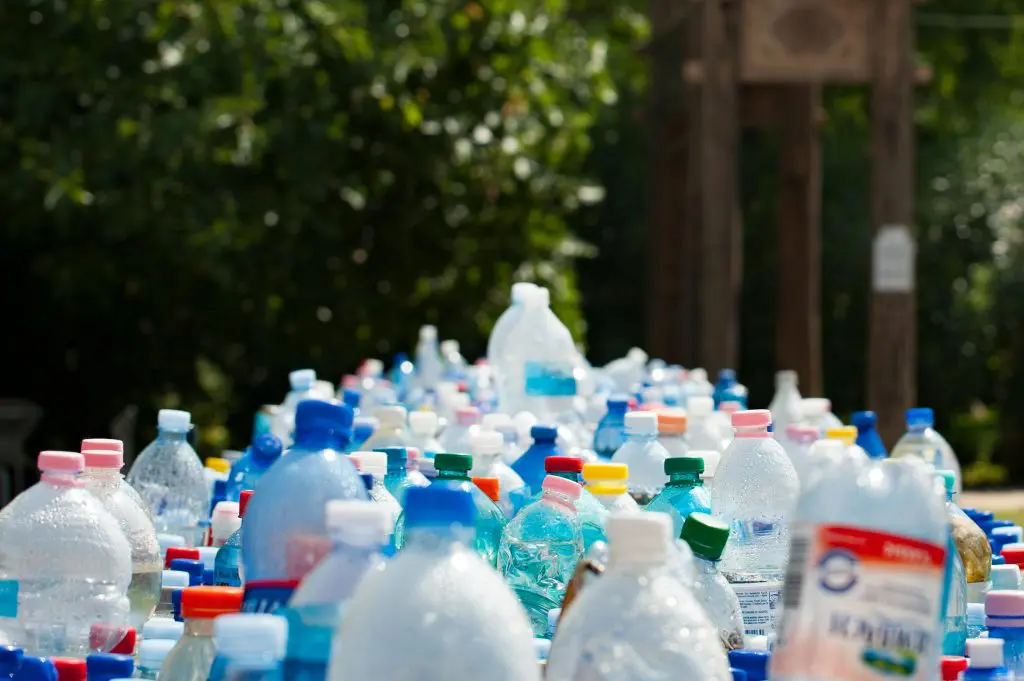
Ocado Retail Leads UK Grocery Sector in Scalable Packaging Traceability with Polytag Ocado Retail has become the first UK grocer to roll out UV-invisible tagging technology at scale through its partnership with Polytag, marking a significant milestone in packaging traceability and sustainable retail practices. The Science Behind UV Watermarks Polytag’s system uses ultraviolet (UV) invisible […]
Ocado Retail has become the first UK grocer to roll out UV-invisible tagging technology at scale through its partnership with Polytag, marking a significant milestone in packaging traceability and sustainable retail practices.
Polytag’s system uses ultraviolet (UV) invisible watermarks, which are printed on packaging during manufacturing. These watermarks can only be read by specialised detection units at Material Recovery Facilities (MRFs). The system enables non-intrusive tagging that doesn’t affect branding, consumer usability, or aesthetics. It’s a low-cost, high-impact way to introduce machine-readable identifiers that survive the entire waste stream.
Most plastic recycling today results in downcycling — turning high-quality packaging into lower-value products like road aggregate or non-recyclable goods. By enabling real-time, geo-tagged data, Polytag helps retailers and recyclers identify which materials are consistently recovered intact, and which are lost or degraded — a crucial step in designing packaging for true circularity.
Through this collaboration, Ocado Retail is now applying Polytag’s UV watermarks to its full own-brand milk range, enabling detailed, item-level data to be captured on where and when packaging is recycled. These watermarks are invisible to consumers but are read by specialised Plastic Detection Units (PDUs) installed in Material Recovery Facilities (MRFs) across the UK and Northern Ireland.
This innovation is part of Polytag’s Ecotrace Programme, a world-first connected packaging initiative that aims to bring real-time recycling data to brands, enabling them to better meet Extended Producer Responsibility (EPR) requirements.
“The technology allows us to truly understand the full lifecycle of our packaging,” said Laura Fernandez, Senior Sustainability Manager at Ocado Retail. “Being able to track our products through the recycling system is a significant milestone as we pave the way toward more sustainable practices.”
The network of PDUs currently monitors almost 50% of the UK’s household recycling stream, enabling automatic detection of UV-tagged items. Data is delivered live to the Polytag dashboard, providing Ocado Retail with unprecedented visibility into the real-world fate of its packaging—including product type, location of recovery, and rates of recycling.
This data is instrumental for compliance with EPR legislation, helping reduce packaging-related fees by demonstrating accountability and informing improved packaging design and strategy.
Alice Rackley, CEO of Polytag, stated: “Ocado Retail’s scale and pace in rolling out this technology has established a template for the whole industry, and proves what’s possible, and necessary, as we enter a new era of accountability for FMCG brands. The data now exists. The infrastructure is in place. Ocado Retail is showing the industry how to use it.”
In parallel, Ocado Retail has rolled out Polytag QR codes on more than 100 own-label products. These visible codes allow shoppers to access clear recycling instructions and sustainability information, bridging the gap between packaging design and post-consumer impact.
Together, these innovations support both a circular economy and a more informed, engaged customer base.
In Ireland, extended producer responsibility (EPR) obligations are mandated under the Waste Action Plan for a Circular Economy and the Circular Economy Act 2022. Producers placing over 10 tonnes of packaging or earning more than €1 million in turnover must register with Repak, the Irish packaging compliance scheme.
Ocado Retail and Polytag’s traceability system could help fulfil Irish EPR reporting requirements, demonstrating real-world recycling performance at item‑level—a capability now essential for major retailers operating in Ireland.
Ocado Retail’s partnership with Polytag represents a broader shift in the fast-moving consumer goods (FMCG) industry, where recycling outcomes can no longer be estimated—they must be measured.
As EPR requirements increase and the UK targets a 65% recycling rate by 2035, data-led solutions like Polytag’s offer retailers the tools to actively manage and improve the recyclability of their products.
Polytag is now calling on more brands and retailers to join the Ecotrace Programme and contribute to scaling circularity across the UK.
To learn more, visit: https://polytag.io/ecotrace
At All-Ireland Sustainability, we’re committed to building a greener, fairer island—together. Stay informed on the latest environmental initiatives, community action, and policy developments shaping sustainability across Ireland, North and South.
👉 Sign up for our newsletter today and be the first to hear about upcoming events, expert insights, and ways to get involved.
Whether you’re a seasoned advocate or just starting your journey, new members are always welcome—your voice matters.
Subscribe now and be part of the All-Ireland Sustainability network.